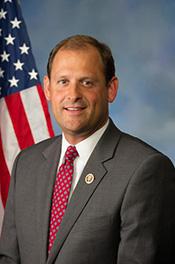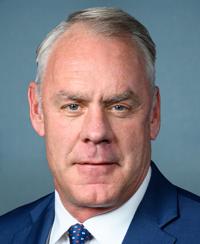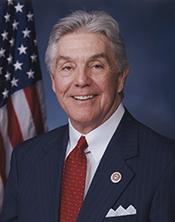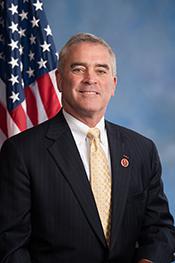0
Fair Access to Banking Act
3/14/2024, 4:05 AM
Summary of Bill HR 2743
The bill aims to address the issue of "banking deserts," which are areas where there are limited or no banking options available to residents. This lack of access to traditional banking services can disproportionately affect low-income communities and minority populations, making it difficult for them to save, invest, and build credit.
If passed, the Fair Access to Banking Act would require banks to provide basic banking services to all individuals and businesses, regardless of their credit history or financial situation. This would help to ensure that everyone has the opportunity to access essential financial services, such as checking and savings accounts, loans, and credit cards. Additionally, the bill would prohibit banks from discriminating against customers based on factors such as race, ethnicity, or income level. This would help to promote financial inclusion and ensure that all individuals have the opportunity to participate fully in the economy. Overall, the Fair Access to Banking Act seeks to promote fairness and equality in the banking industry, and to ensure that all individuals and businesses have the opportunity to access essential financial services.
Congressional Summary of HR 2743
Fair Access to Banking Act
This bill places restrictions on certain banks, credit unions, and payment card networks if they refuse to do business with a person who complies with the law. Restrictions include prohibiting the use of electronic funds transfer systems and lending programs, termination of an institution's depository insurance, and specified civil penalties.
Banks and other specified financial institutions are allowed to deny financial services to a person only if the denial is justified by a documented failure of that person to meet quantitative, impartial, risk-based standards established in advance by the institution. This justification may not be based upon reputational risks to the institution. Banks may also deny services to a person who engaged in rude or harassing conduct toward an employee of the bank.
The bill establishes the right for a person to bring a civil action for a violation of this bill.





